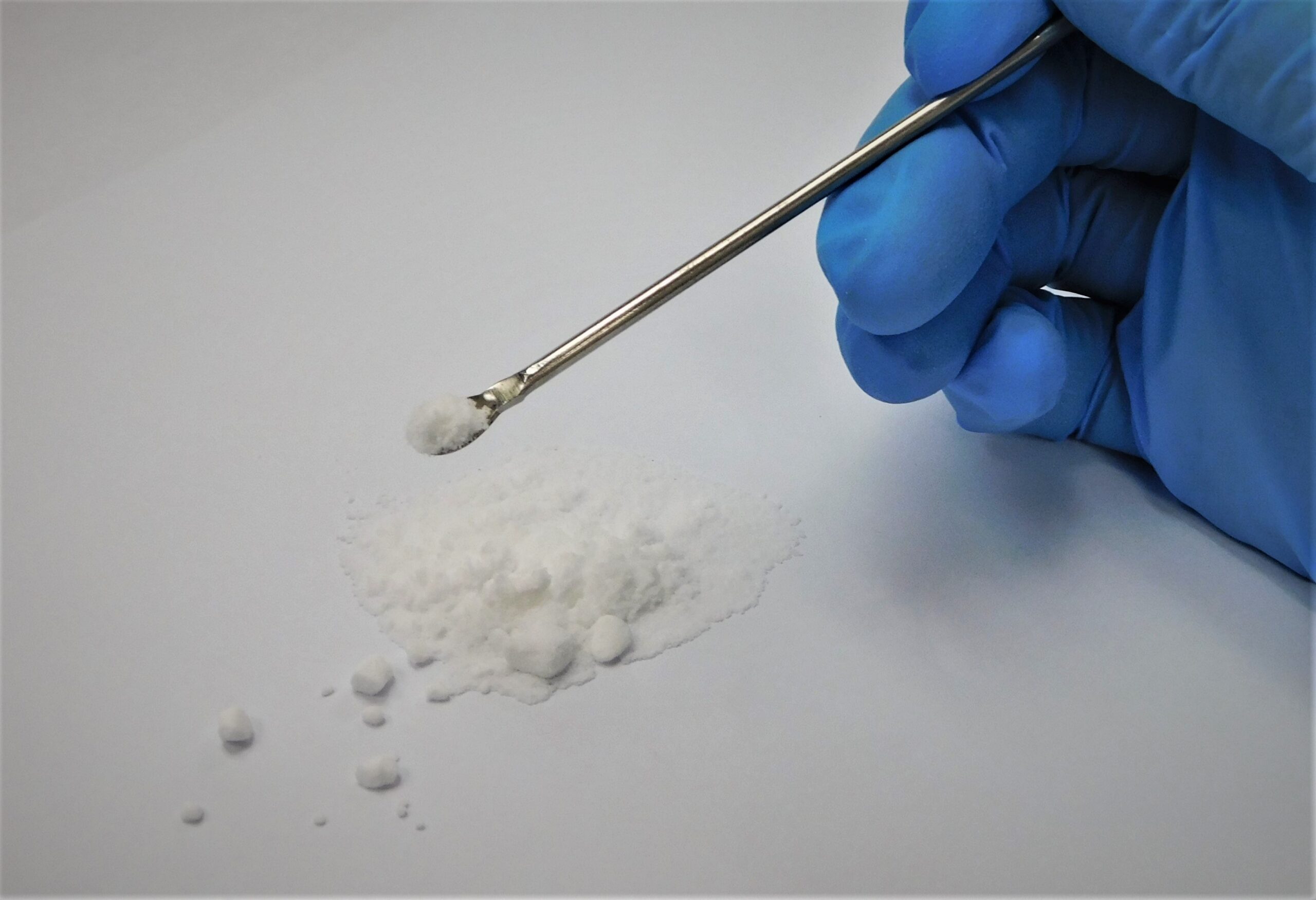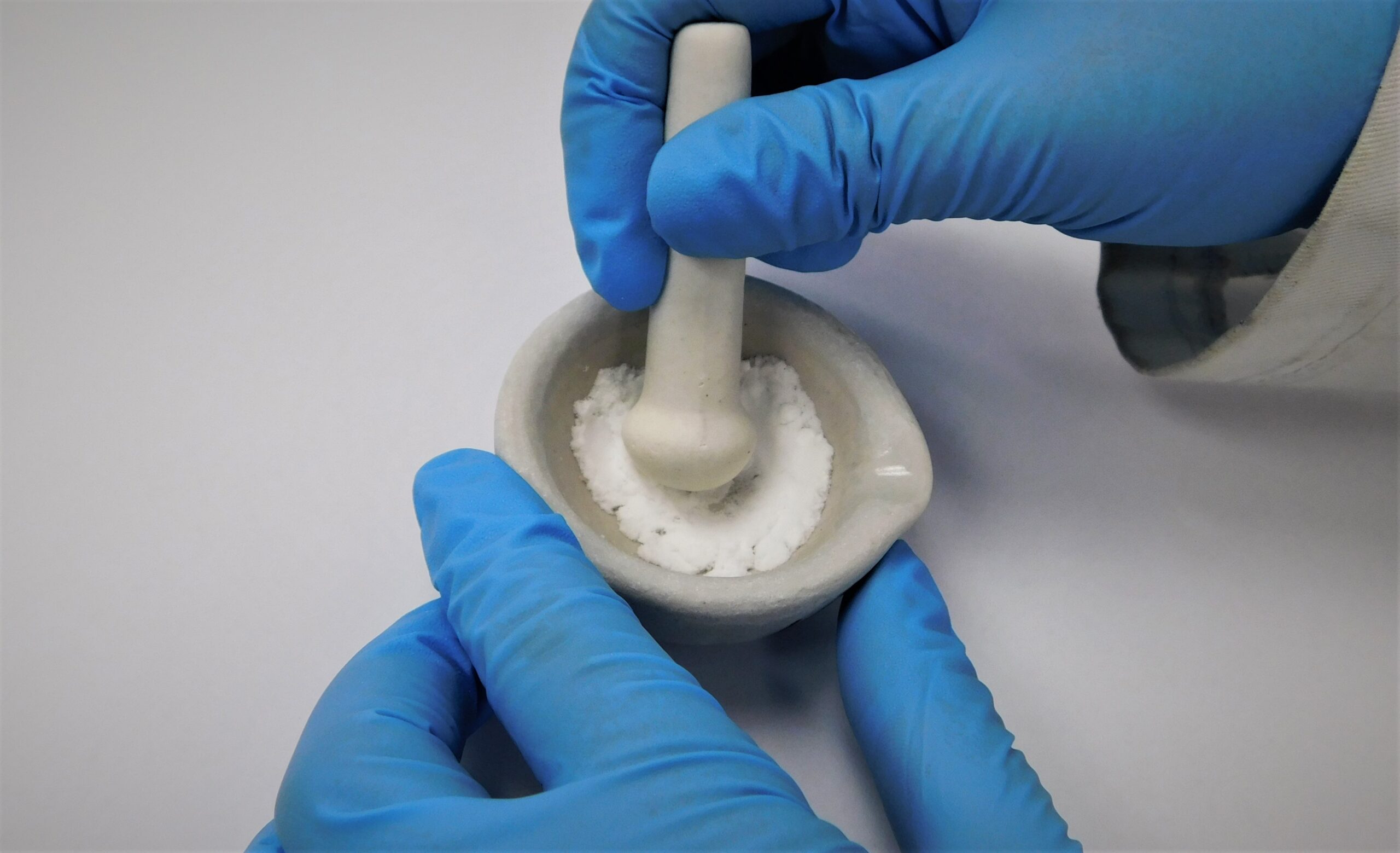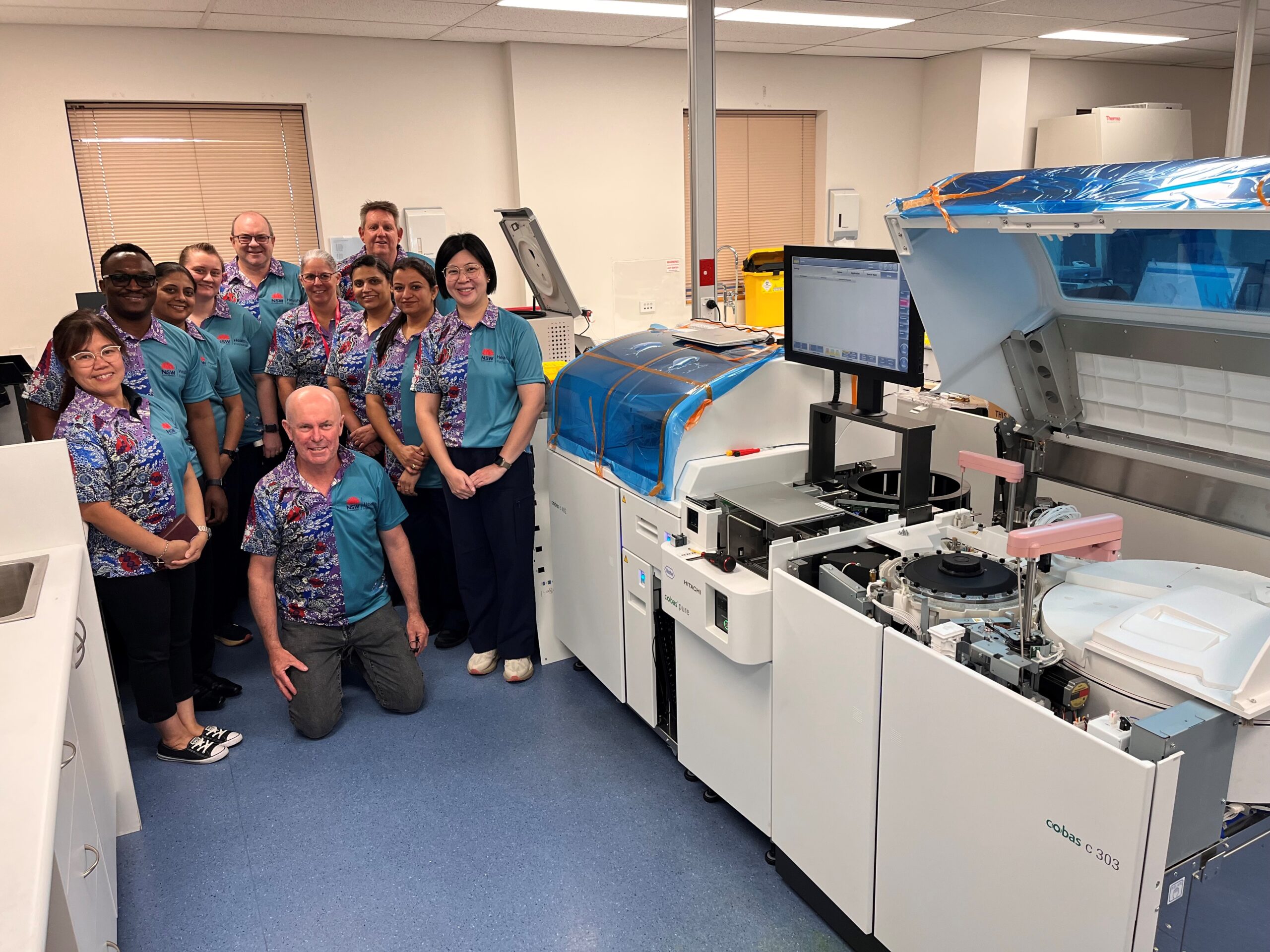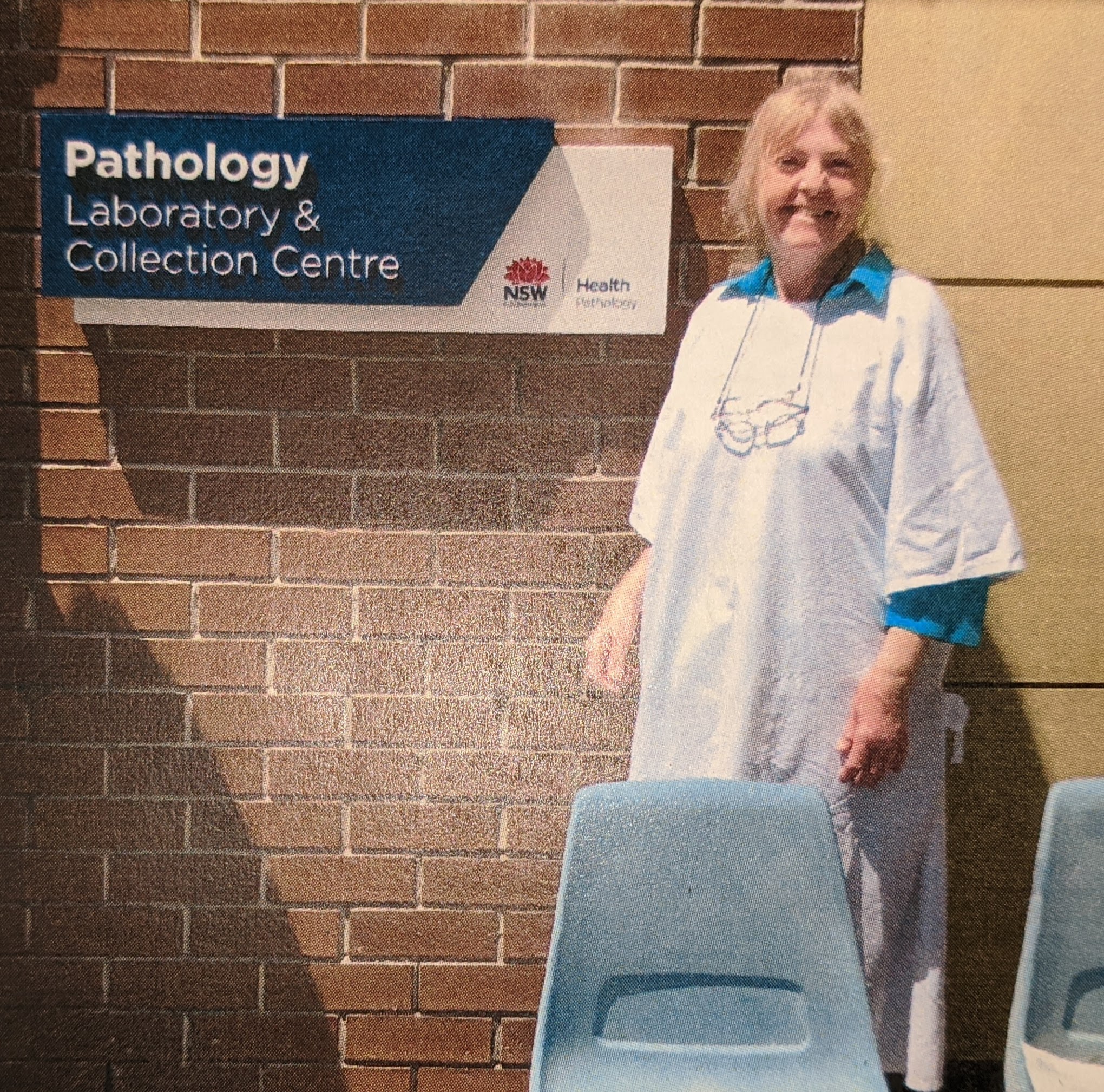Media Contact

The work of NSW Health Pathology’s Forensic & Analytical Science Service laboratories has been recognised by Australia’s health watchdog, as it moves to restrict the use of a dangerous class of drugs.
The Therapeutic Goods Administration is acting to restrict the use of potent synthetic opioids known as nitazenes that have been the subject of recent warnings by health authorities in NSW, the ACT, and Victoria.
The TGA decision noted that “public exposure appears to be entirely recreational…and their abuse and illicit use poses a significant risk to public health”.
The TGA delegate further noted that the nitazene family of substances were originally developed with the intention to be used in anaesthesia, but the potency of the substances and associated risk of respiratory depression and death means “they are considered unsuitable for use in a therapeutic context”.
“I also recognise that there are increasing reports of the presence of these substances in drugs intended for recreational use, which has resulted in a proportionate increase in adverse events and fatalities associated with exposure to nitazenes,” the delegate said.
“While these reports are largely limited to overseas jurisdictions thus far, I note with concern the recent reports of the detection of nitazenes in seizures of heroin and other illicit and counterfeit drugs in Australia.”

The Forensic Toxicology Laboratory and Illicit Drug Analysis Unit (IDAU) at NSW Health Pathology’s Forensic & Analytical Science Service (FASS) are working in partnership with several other agencies to ensure the safety of the community when it comes to illicit and other drugs of abuse.
The Combined Surveillance and Monitoring of Seized Samples (CoSMoSS) project, which includes the IDAU, NSW Police, and the NSW Ministry of Health involves analysis and reporting on street level drugs seized by NSW Police.
The Prescription, Recreational and Illicit Substance Evaluation (PRISE) program is a collaboration including FASS Forensic Toxicology, NSW Poisons Information Centre and the NSW Ministry of Health providing expedited comprehensive toxicological testing for patients with severe or unusual substance related toxicity.
The organisations recently collaborated to issue a public drug warning that isotonitazene has been detected in ‘heroin’ seized on the NSW Central Coast. The drugs had been linked to several overdoses and ICU admissions.
FASS Director Michael Symonds said the TGA considered the drug alert issued by NSW Health in making its decision on nitazenes.
“This is great recognition of the work being done by our Forensic Toxicology and Illicit Drug Analysis teams and shows that our focus on surveillance and keeping communities safe is working,” Mr Symonds said.
“Nitazenes are a particularly dangerous synthetic opioid and require time-consuming lab work to trace.
“The potency of nitazenes means doses are small and it can be present in extremely low concentrations in drug and biological samples.
“But our laboratories have been able to detect even small quantities of this dangerous drug.”
The TGA decision to restrict nitazenes will come into effect from 1 October 2023 and comes just months after the UK announced similar restrictions.















